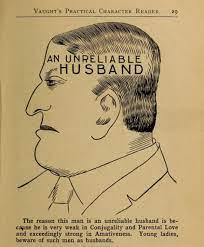

Wait, that’s just 2.25 kg of dung per hippo. That sounds like way too little. I’m pretty sure a human being could produce 2.25 kg of dung in a day with the right team spirit and some elbow grease, but you’re telling me these dainty, bashful cowards can’t do better despite weighing so much more? Pathetic.




I’ve always actually liked NASA as a US government agency. Thing is they take the kind of scientist whose skills are intensely useful to the military industrial complex and let them do goofy shit like this that doesn’t hurt anyone instead. Sure, sometimes some of their tech ends up useful to the military anyway and that’s terrible, but to the people who think this is a waste of resources that could have been better spent fixing infrastructure or helping the poor I want to ask:
If we consider labor as a resource, do you think the actual experts in autonamous robotics, rocketry and atmospheric dispersion involved in landing a little box on Venus would be fixing pot holes or running homeless shelters without NASA? I think they would be much more likely to be working on some project to have an army of drones defoliate all of central Asia or something like that. I think it is cool and heartwarming that they successfully landed a little robot on Mars and care so much about it, but also many of these people have skills that are only useful for exactly this and like 25 different crimes against humanity, and letting them do this is not a waste of resources.